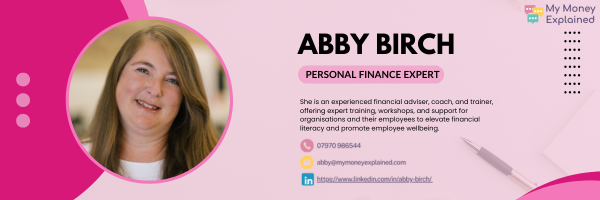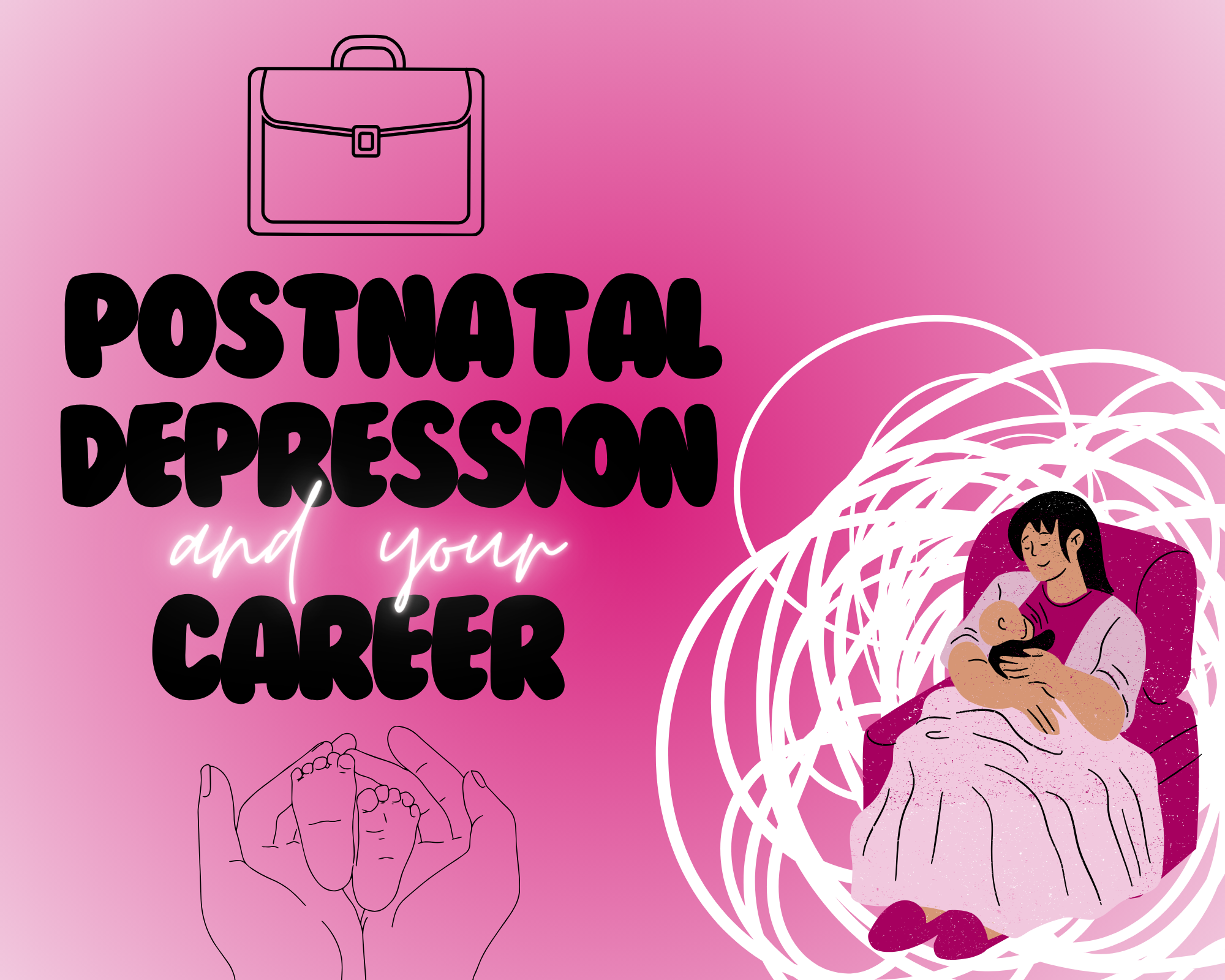Werk spoke to Abby Birch, a personal finance expert. She is an experienced financial adviser, coach, and trainer who offers expert training, workshops, and support for organisations and their employees to elevate financial literacy and promote employee well-being.
To learn more about Abby, visit her website, www.mymoneyexplained.com.
She has provided some guidance on the top question about starting your financial journey.
The information provided is guidance only and should not be considered financial advice.
Are stocks and shares too big a risk for me?
Compared to simply keeping your money in a bank account, investing could help grow your money over the long term.
You might have heard about stocks and shares and worry about losing money. It’s true that investing does carry some risks, but investing your money gives it the chance to grow in value, and there are many different ways to invest. Stocks and shares are just one option.
While having cash savings is crucial for emergencies and short-term goals like holidays, it doesn’t grow your money much over time. This is because bank interest rates don’t usually keep up with inflation (the rising cost of things), which means your money can lose value over time.
Investing, however, could keep up with or beat inflation, helping your money grow along with the rising prices over the long term. Plus, you’ll benefit from compounding. This means when your investments earn profits, those profits go back into the pot, and next time you earn returns on the larger amount and so on, it’s like a snowball getting bigger as it rolls downhill.
Remember, investing is a long-term game, though. Be prepared to leave your money invested for at least three to five years, since investment values can rise and fall in value. Generally, the longer you leave your money invested, the better your chances are of achieving some growth, but it’s not guaranteed and your capital is at risk. If you are unsure about investing, you should seek financial advice to make sure it’s right for you.
Do I need to think about my pension?
You might think that since retirement is 30 years away, you don’t need to worry about it now. But starting early is actually a huge advantage. The sooner you start saving for your pension, the more time your money has to grow. Thanks to compounding, even small amounts saved now can turn into a substantial sum by the time you retire.
Your workplace can help with this. Most employers offer workplace pensions where they add money to your pension. This means free money towards your retirement. Additionally, contributions to your pension often come with tax benefits, meaning more of your money goes towards growing your retirement fund rather than to the taxman. Additionally, most workplace pensions have different investments you can choose to meet your risk profile or default options if you don’t feel confident choosing investments yourself.
Starting now sets you up for a more comfortable future. You don’t have to contribute large amounts immediately; even small, regular contributions will add up over time. It’s about building a habit and taking advantage of the benefits your workplace offers. So, think of it as an investment in your future self.
I am looking to buy my first house, and I keep hearing the phrase ISA, but what is it?
If you’re looking to buy your first house and move closer to your job, an ISA (Individual Savings Account) can be a great tool. An ISA is a special kind of savings account where your money grows tax-free and you can save up to £20,000 a year into it. There are different types of ISAs, but for first-time home buyers, the Lifetime ISA (LISA) is especially useful.
With a LISA, you can save up to a maximum of £4,000 a year, and the government will add a 25% bonus to your savings, that’s up to £1,000 of free money each year. This can significantly boost your savings for a house deposit. The money you put into a LISA can be invested or held in cash, depending on your preference and risk tolerance.
Using a LISA is a smart way to save because the government bonus accelerates your savings growth. Plus, since it’s an ISA, any interest or investment returns you earn are tax-free, and if you’re buying with a partner, you can both benefit from one.
In summary, a LISA can help you save faster for your first home while benefiting from tax-free growth and government bonuses. It’s definitely worth considering if you’re planning to buy your first house, but there are some conditions that mean they’re not suitable for everyone.
I have just started to get my first stable income, and I’m not used to budgeting. How do I do it?
A budget is a monthly plan guiding how you spend money to meet financial goals, offering control and flexibility while preparing for emergencies. A good budget provides control and flexibility and helps identify savings or habits to break.
Start by recording expenses, from bills to luxuries, and calculate your total income. It’s also worth checking to see if you’re entitled to any benefits. You can check if you’re eligible here: www.entitledto.co.uk
Next, set financial goals, like saving for a holiday or clearing debt. Organise expenses, income, and goals into categories like housing, food, and debt, and allocate funds based on your priorities.
Research popular budgeting strategies, like the 50/30/20 rule, and choose what works for you. Explore different budgeting methods, such as notebooks or apps, which can help you manage your finances.
If you can, save a portion of your income each month for unexpected expenses. Balance your financial goals with your lifestyle so that you’re more likely to stick to your budget.
Review your budget as your circumstances change, celebrate your progress, and acknowledge and reward yourself for achieving financial milestones.
Lastly, don’t hesitate to ask for help if you’re struggling. There are many charities that can offer help and advice if you’re budget is short, such as https://www.stepchange.org/
I am struggling to relocate for work. How do I get myself in a place to move?
If you’re facing challenges relocating for work due to financial constraints, it’s important to approach the situation with honesty and strategic planning.
Here’s how to navigate the discussion with your employer and evaluate whether pursuing the job is feasible:
Firstly, take stock of your finances and make a list of the potential costs involved, like relocation expenses, deposits, and costs once you’ve moved. Determine if you have any savings or access to funds that could help cover these expenses, and create a plan. Discuss your financial constraints with your employer. Be transparent about your situation and explain the challenges you’re facing. Ask if the company offers any relocation assistance or workplace benefits that could help alleviate some of the financial burden.
Look at alternative options, such as considering delaying your start date, working remotely while you save up the money to move, renting rather than buying a property, or house-sharing to save on costs initially.
Consider the long-term benefits and weigh the job’s long-term advantages against short-term financial challenges. Could you find a similar role where you are currently based?
Ultimately, deciding to pursue a job requiring relocation without immediate funds depends on your circumstances, willingness to take financial risks and career aspirations. Weigh the benefits and challenges carefully and seek advice if needed.
If you are looking for any more investing advice from Abby visit her website, www.mymoneyexplained.com.





